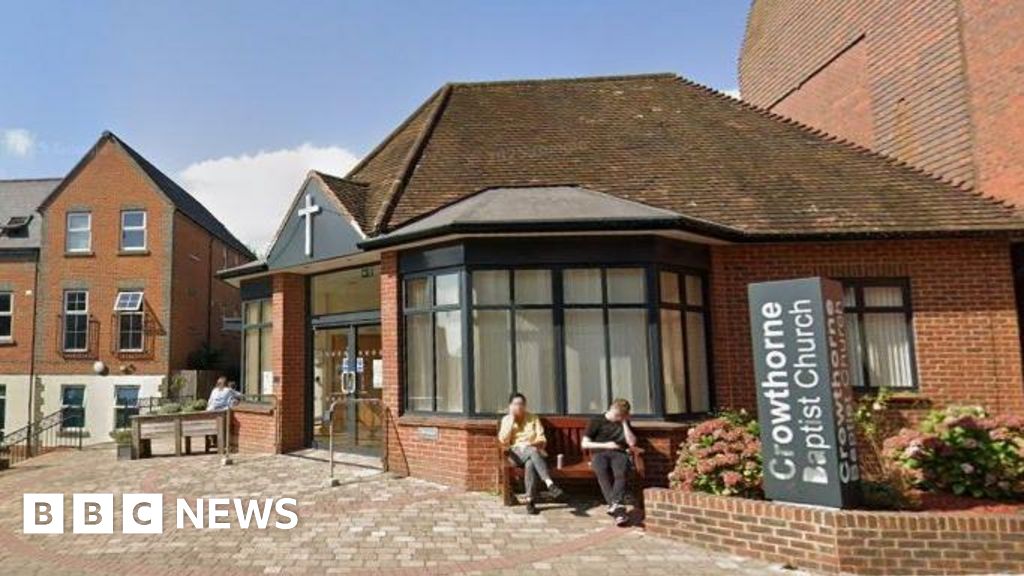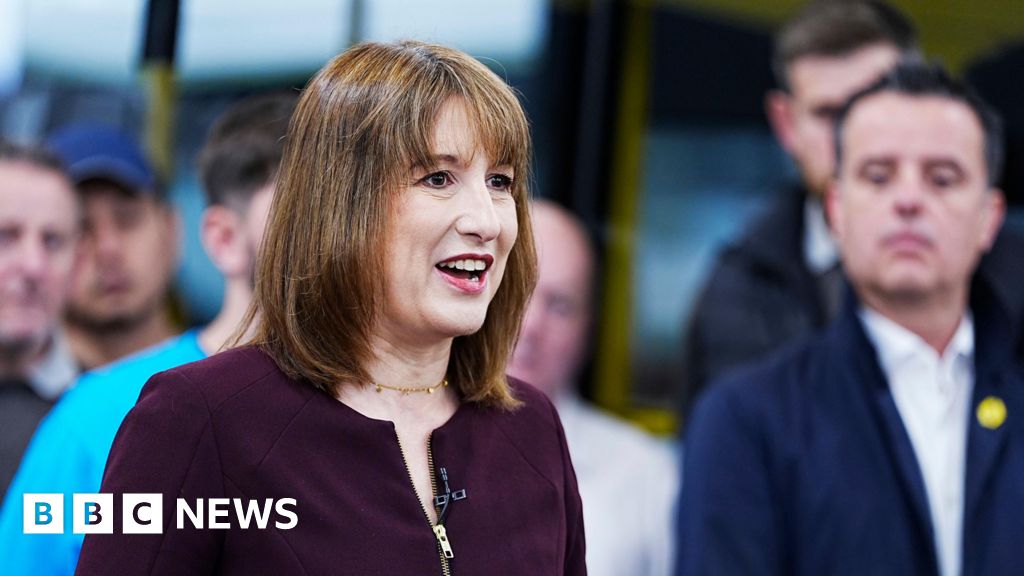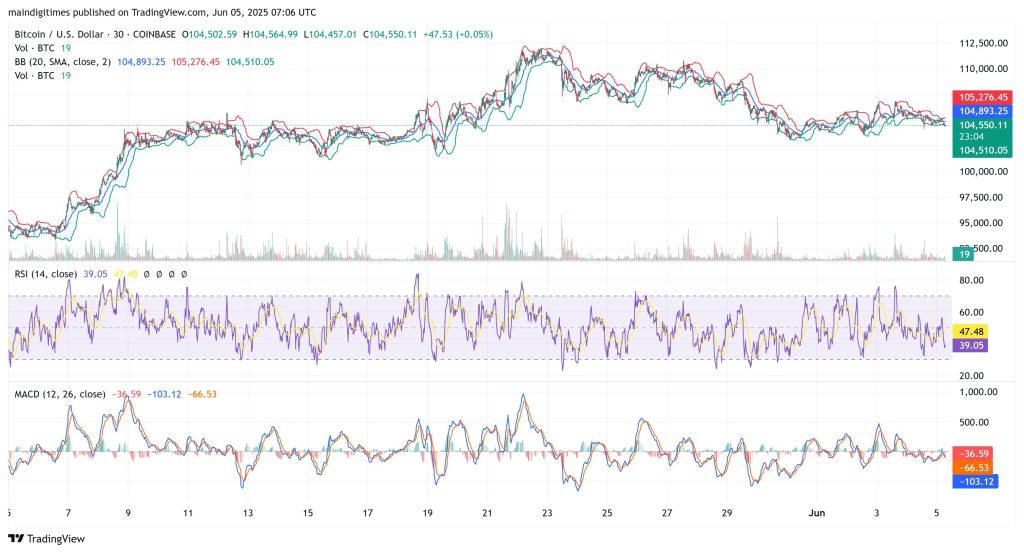A division of Centene, the nation’s largest Medicaid insurer, pledged to help build nearly $1 billion worth of affordable housing in eight states as it moves to address one of the biggest determinants of health.
Speaking at Fortune’s Brainstorm Health conference Monday, Centene’s CEO Sarah London said that the Centene Foundation struck a multi-year partnership with affordable housing developer McCormack Baron Salazar to provide below-market loans for housing units.
The partnership will unlock $900 million in development funds and create thousands of housing units, said London. The issue of affordable housing is especially important to Centene’s members, London added.
“It’s about doing a lot with a little to do something that our members are uniquely amazing at and I think speaks to our mission of transforming not just healthcare but transforming the health of the communities that we serve,” London said.
It’s a reflection of the fact that, in America’s socially and economically stratified society, the health care system is only a small factor in what drives health-care outcomes. These inequalities are evident in everything from the disparate impact of the coronavirus pandemic to the 15-year gap in life expectancy between the richest and the poorest Americans.
“We know 80% of what drives health is non-medical. Eighty percent,” Dr. Michelle Gourdine, senior vice president at CVS Health, said earlier in the conference. “We could have the best doctors in the universe and it would only fix 20% of the problem.”
In recent years, the public health community has zeroed in on housing’s effects in particular, as costs have shot up and evidence has mounted about the destructive effects of housing instability. Last week, UnitedHealth Group announced that it had surpassed $1 billion in affordable housing over the last decade. In 2022, Kaiser Permanente also pledged $400 million to economic development and housing.
For the one in four Americans who were enrolled in Medicaid, getting access to affordable housing is especially important, and there was a shortage of 7.3 million affordable homes in the U.S. in 2023, according to the National Low Income Housing Coalition.
As London and other attendees said Monday, most of what drives health is non-medical. London added that across demographic groups, some of the things that people recognize as important to health include housing, food, and access to childcare.
“We, of course, make sure that there is access to health care, but we also think about what are those things that are other drivers to health outcomes,” London said.
Credit: Source link










